Find Help
More Items From Ergsy search
-
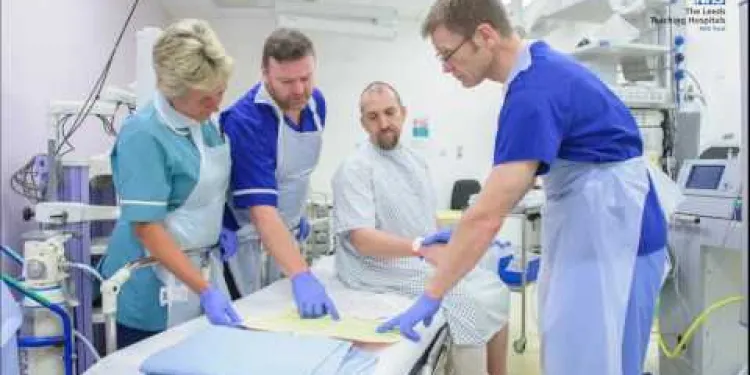
Endoscopy Introduction - The Patient Journey
Relevance: 100%
-

Mark Lancaster Patient Experience Leeds Endoscopy
Relevance: 67%
-

What is an endoscopy?
Relevance: 61%
-
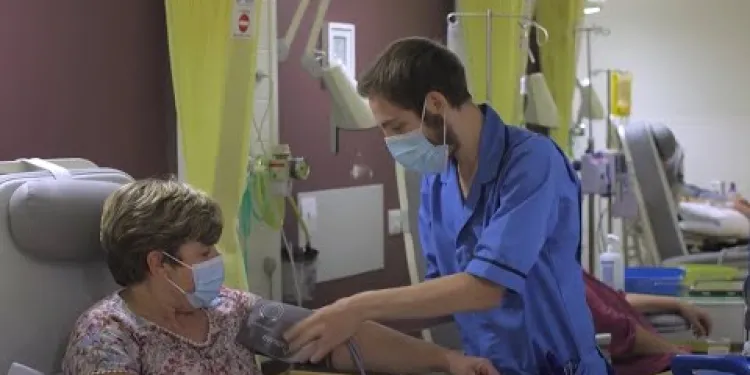
Chemotherapy - the patient journey
Relevance: 60%
-
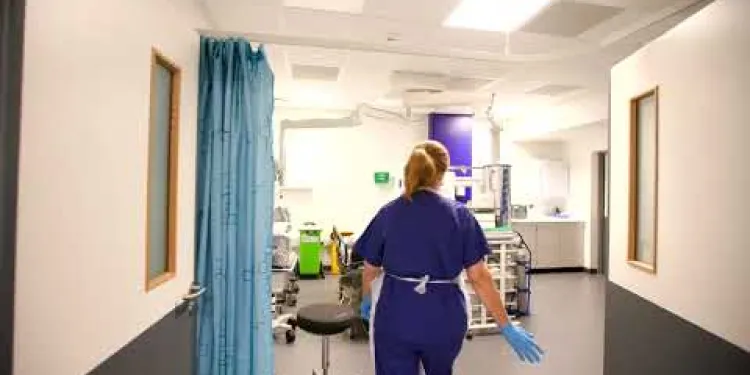
Endoscopy Unit
Relevance: 59%
-
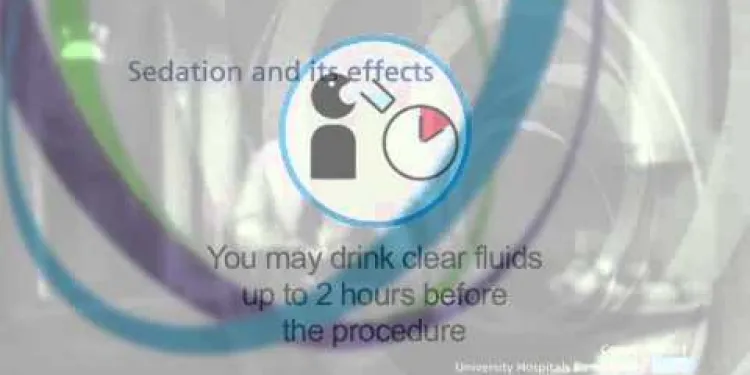
Endoscopy video preview
Relevance: 57%
-
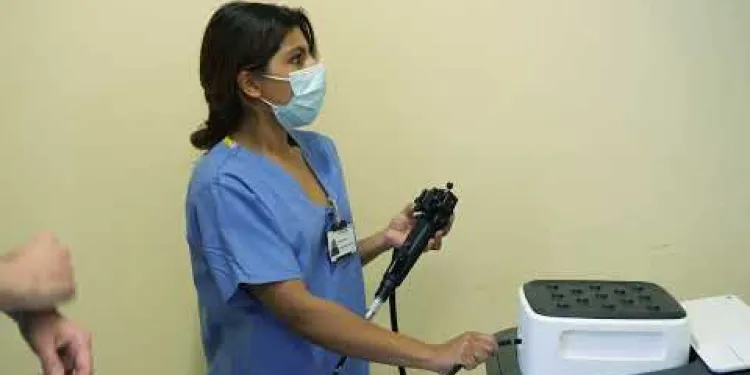
MTW Endoscopy service and training hub
Relevance: 55%
-
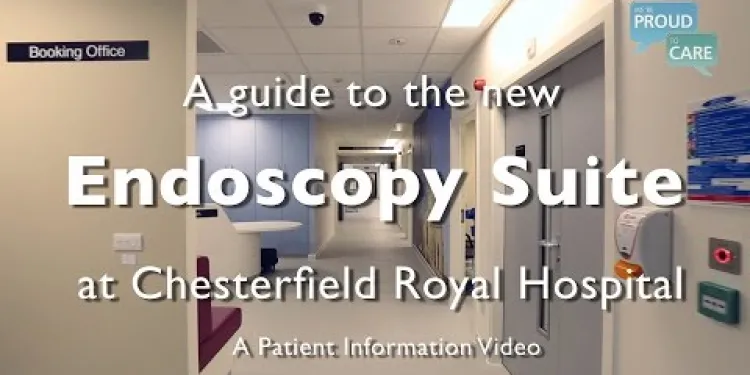
A guide to the new Endoscopy Suite at Chesterfield Royal Hospital NHS Foundation Trust
Relevance: 54%
-
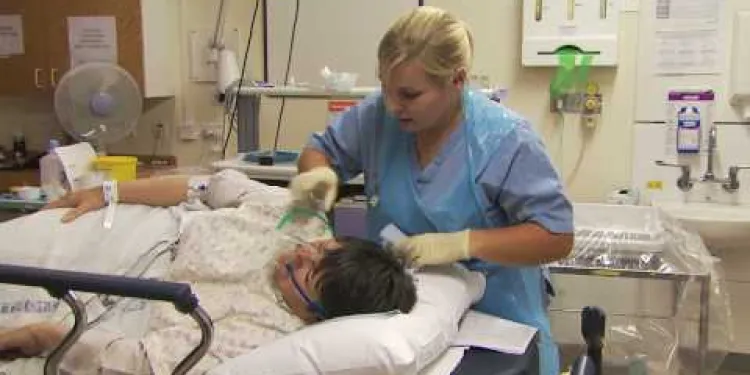
Bournemouth Digestive Diseases Centre: Endoscopy Procedure
Relevance: 52%
-
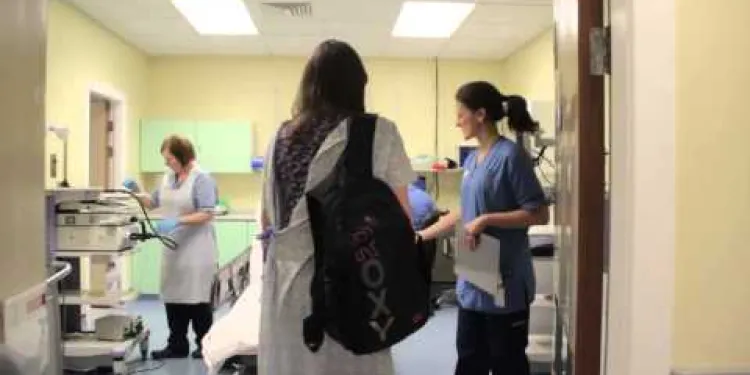
Your Visit to the Endoscopy Unit at NHS Tayside
Relevance: 49%
-
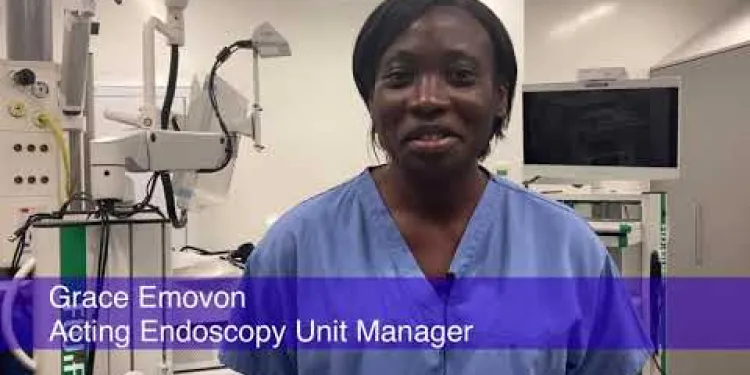
Coming to the Endoscopy Unit at Harrogate District Hospital
Relevance: 48%
-
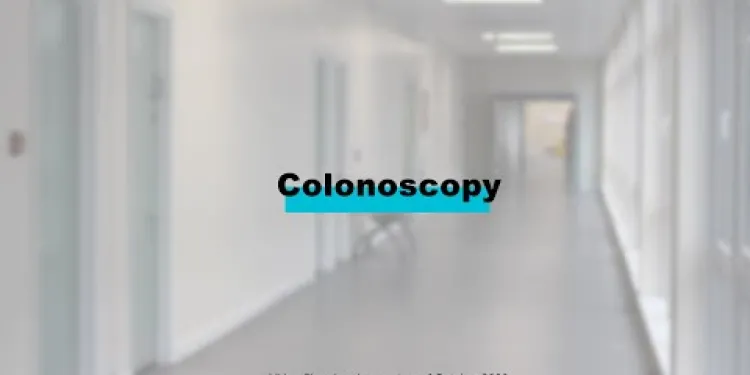
Endoscopy Procedures | Colonoscopy
Relevance: 38%
-
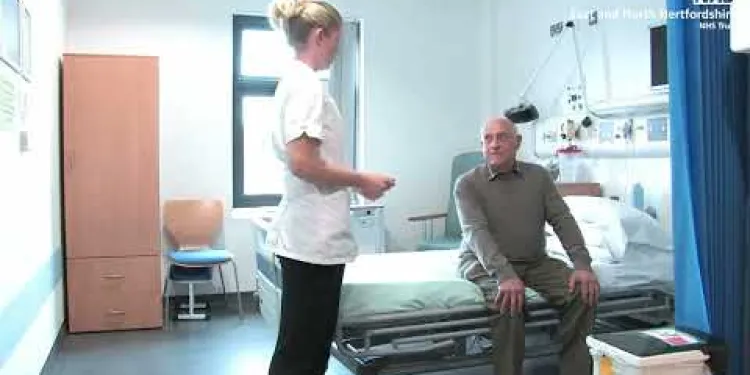
A journey to hip surgery
Relevance: 36%
-
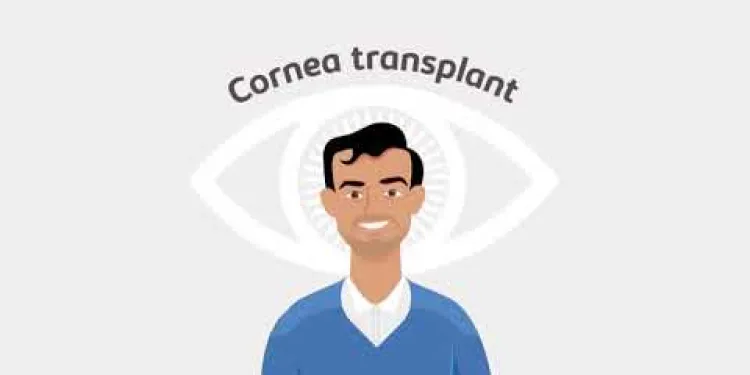
Cornea transplant - Your journey
Relevance: 32%
-

Charlie and Rupert on their journey with Spinal Muscular Atrophy and Zolgensma Gene Therapy
Relevance: 30%
-
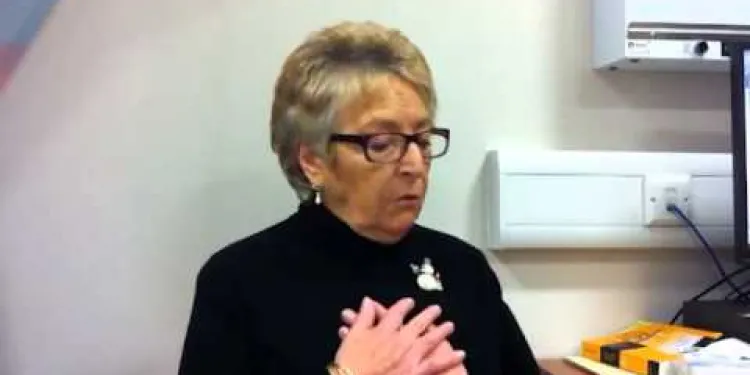
Neuroendocrine tumour patient video
Relevance: 30%
-

Are there online support services for prostate cancer patients on the NHS?
Relevance: 30%
-
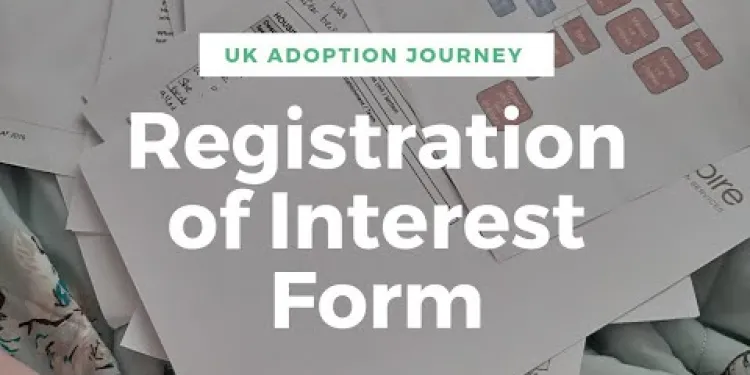
Registration of Interest Form | UK Adoption Journey
Relevance: 28%
-
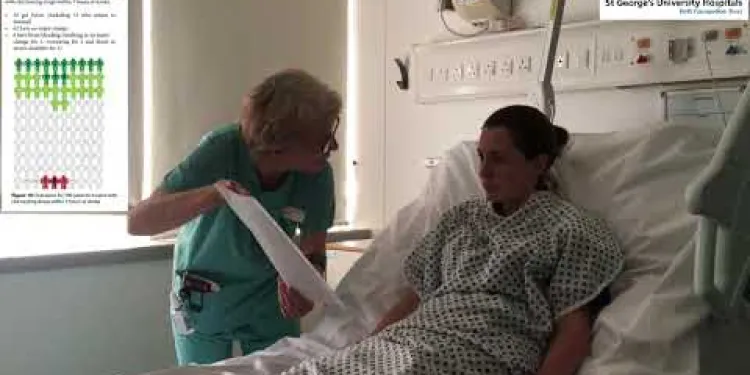
Gaining consent from stroke patients
Relevance: 28%
-

How can AI improve patient outcomes in lung cancer?
Relevance: 28%
-
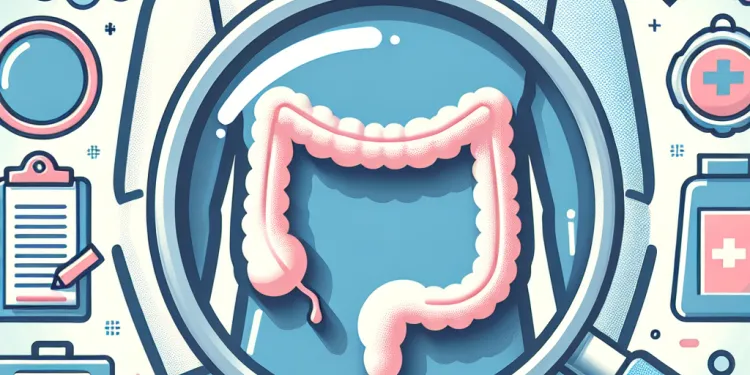
How is Crohn's disease diagnosed?
Relevance: 28%
-
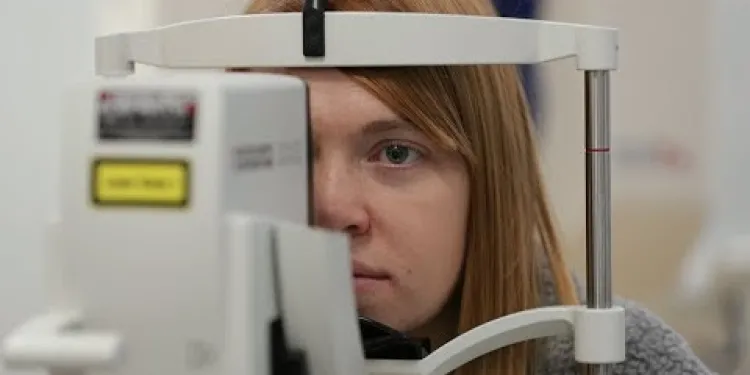
Patient voices in type one diabetes - I would have done things differently.
Relevance: 28%
-
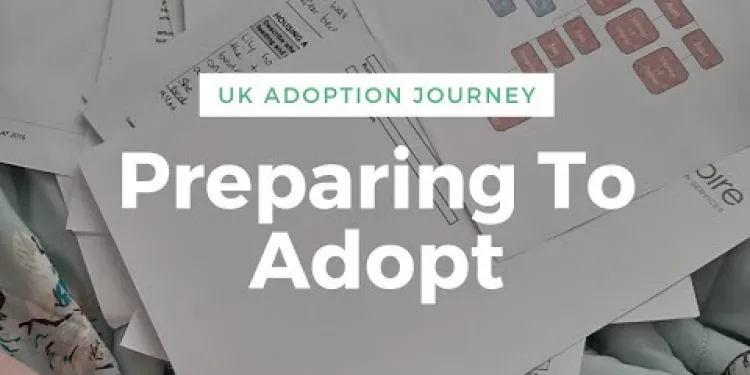
UK Adoption Journey | What we did to prepare | Stage One Update
Relevance: 28%
-
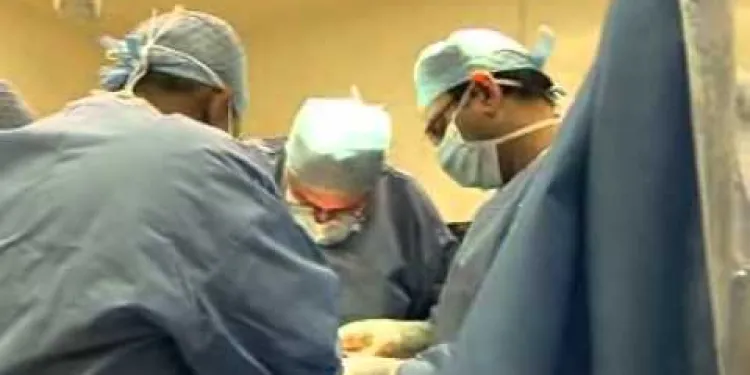
Liver transplant - Patient experience - Part 1 (Colin)
Relevance: 28%
-
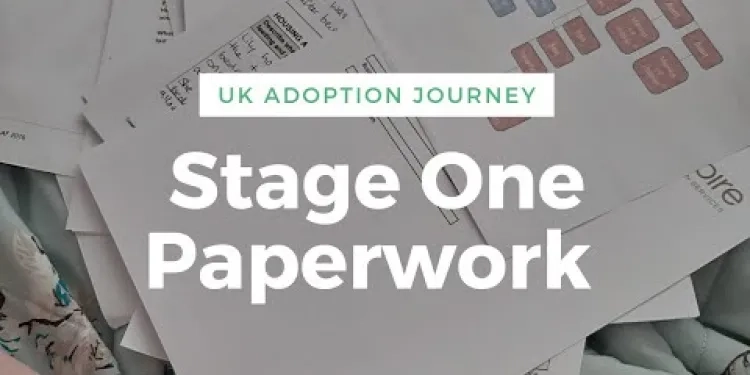
Stage One Paperwork | UK Adoption Journey
Relevance: 28%
-
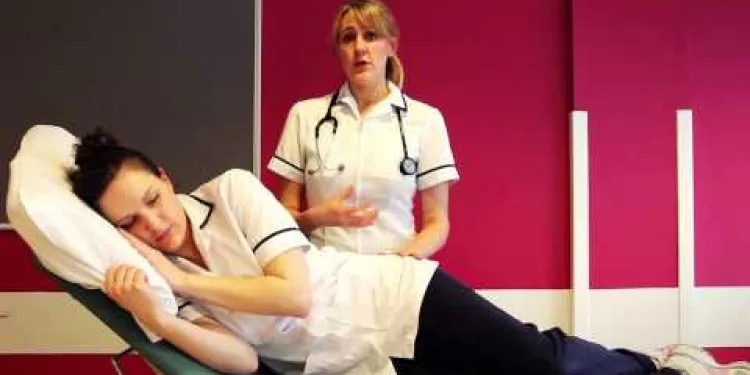
Positioning for Breathless Patient
Relevance: 27%
-

How important is self-care for carers of Alzheimer's patients?
Relevance: 25%
-

Patient Stories - Having a kidney transplant
Relevance: 25%
-

Assessing the stroke patient
Relevance: 25%
-
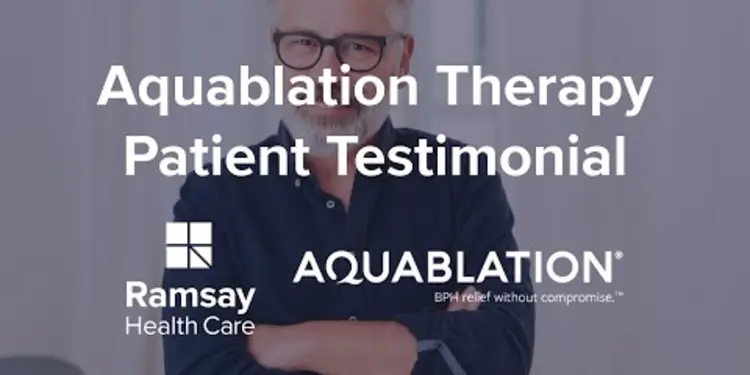
Paolo Fattore Aquablation Patient Testimonial
Relevance: 24%
-
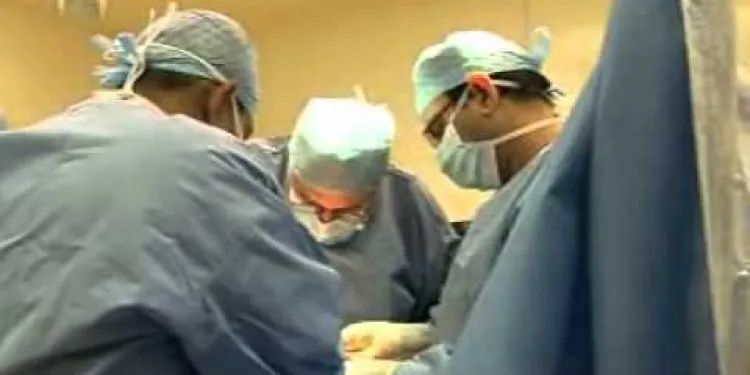
Liver transplant - Patient experience - Part 2 (Lynne)
Relevance: 24%
-

Are virtual wards suitable for elderly patients?
Relevance: 24%
-
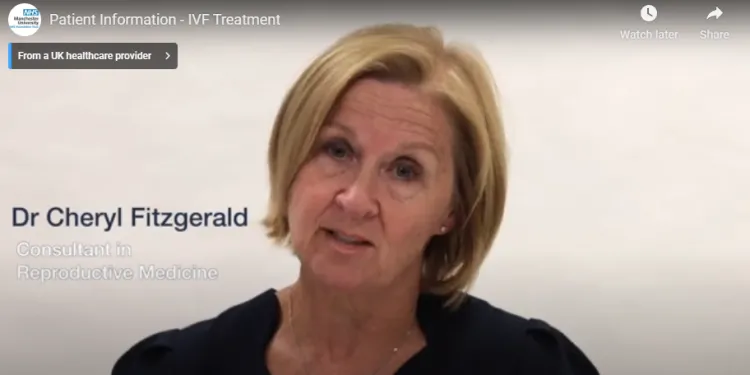
Infertility - IVF Treatment and Patient Information
Relevance: 24%
-

Exercise in patients with a neuropathy
Relevance: 24%
-
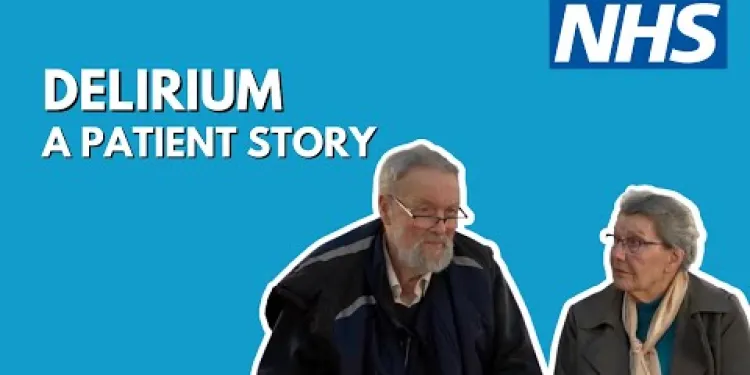
Delirium: A Patient Story at Leicester's Hospitals
Relevance: 24%
-

What is self-testing for eye patients?
Relevance: 24%
-

Sepsis - a patient story
Relevance: 24%
-
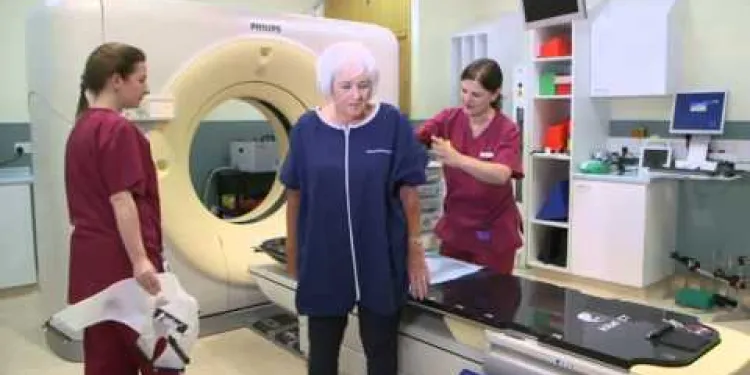
Radiotherapy to the Head and Neck: A Guide for patients and their carers
Relevance: 23%
-

Can technology aid in the care of Alzheimer's patients?
Relevance: 23%
-

How do virtual wards improve patient outcomes?
Relevance: 23%
Endoscopy Introduction - The Patient Journey
Understanding Endoscopy
Endoscopy is a medical procedure that allows doctors to examine the interior surfaces of an organ or tissue, using an instrument known as an endoscope. The endoscope consists of a long, flexible tube with a light and camera attached. This camera transmits images to a screen, providing a clear view of the internal area being examined. Endoscopy is commonly used for diagnosing conditions affecting the digestive system, including the oesophagus, stomach, and bowels.
Initial Consultation
In the United Kingdom, the endoscopy journey typically begins with an initial consultation with your General Practitioner (GP). If you present with symptoms that warrant further investigation, such as unexplained abdominal pain, persistent heartburn, or changes in bowel habits, your GP may refer you to a specialist for an endoscopy. During this consultation, you will discuss your symptoms, medical history, and any medications you are currently taking.
Pre-Procedure Preparation
Once referred, you will receive instructions on how to prepare for the endoscopy. This often involves fasting for several hours beforehand and possibly adjusting your medication regimen. You might also need to follow a special diet or take a prescribed laxative to ensure your digestive tract is clear for the procedure. Clear preparation is crucial for providing the best view and most accurate diagnosis.
The Endoscopy Procedure
The procedure is typically carried out in an outpatient setting. When you arrive, you may be given a sedative to help you relax, although you will remain awake throughout the procedure. The endoscope is gently inserted through your mouth or anus, depending on the type of endoscopy being performed. The procedure usually lasts between 15 to 45 minutes. During this time, the doctor will carefully examine the area of interest and may also take biopsies or perform minor treatments.
Post-Procedure Care
After the endoscopy, you will be monitored for a short period while the sedative wears off. You may experience mild discomfort or bloating, but these symptoms usually subside quickly. It is important to arrange for someone to accompany you home, as you may not be fully alert immediately after the procedure. You will also receive post-procedure care instructions, which may include resting for the remainder of the day and avoiding certain foods or activities.
Receiving Results
The results of your endoscopy will typically be discussed during a follow-up appointment. If a biopsy was taken, it might take a few days for the lab results to come back. Your specialist will explain the findings and discuss any further steps or treatments if necessary. Whether the results indicate a need for further intervention or simply provide peace of mind, understanding your endoscopy results is an important part of your healthcare journey.
Conclusion
Endoscopy is a valuable diagnostic tool that provides essential insights into gastrointestinal health. By understanding the process and knowing what to expect, the patient journey can be less daunting. If you have any concerns or questions about endoscopy, do not hesitate to discuss them with your healthcare provider.
Endoscopy Introduction - The Patient Journey
What is Endoscopy?
Endoscopy is a test that doctors use to look inside your body. They use a tool called an endoscope. It is a long, bendy tube with a light and a camera. The camera shows what it sees on a screen. Doctors use endoscopy to check the stomach, food pipe, and bowels.
First Doctor's Visit
Your first step is to see your family doctor, called a GP, if you are in the UK. You see the GP if you have problems like unexplained tummy pain, bad heartburn, or changes in how you poo. The GP might send you to a special doctor for an endoscopy. At this visit, you talk about your symptoms and any medicines you take.
Getting Ready for Endoscopy
When you're sent for an endoscopy, you get instructions on how to prepare. You might need to stop eating for a few hours. You may have to change how you take your medicines. Sometimes you follow a special diet or take a medicine to clear your stomach. Preparing well helps get the best pictures for the doctor.
Having the Endoscopy
You have the endoscopy in a clinic. When you get there, you might get medicine to help you relax, but you will stay awake. The endoscope goes gently into your mouth or bottom, depending on what the doctor needs to check. It usually takes 15 to 45 minutes. The doctor might take little samples or do small treatments.
After the Endoscopy
Once it's done, the clinic keeps an eye on you while you wake up from the relaxing medicine. You might feel a bit uncomfortable or puffy, but this goes away soon. Make sure someone is there to take you home, as you may feel sleepy. You'll also get instructions on what to do after the procedure, like resting and what food to avoid.
Getting Your Results
You'll learn about your results at a later visit. If they took small samples, it can take a few days to get those results. The special doctor will explain what they found and next steps, if any. Understanding your results is important for your health care.
Finishing Up
Endoscopy is a useful test to check your gut health. Knowing what to expect can make it less scary. If you are worried or have questions about endoscopy, talk to your doctor.
Frequently Asked Questions
What is an endoscopy?
An endoscopy is a medical procedure that allows doctors to view the inside of your body using an instrument called an endoscope, a long, thin, flexible tube with a camera and light at the end.
Why might I need an endoscopy?
Endoscopies are used for diagnosing and sometimes treating various conditions affecting the digestive system, such as ulcers, polyps, and cancers, as well as assessing symptoms like persistent stomach pain, difficulty swallowing, or unexplained weight loss.
How should I prepare for an endoscopy?
Preparation varies depending on the type of endoscopy. Often, you will need to fast for several hours beforehand. Specific instructions will be provided by your healthcare provider.
What types of endoscopies are there?
Common types include gastroscopy (examining the oesophagus, stomach and duodenum), colonoscopy (examining the colon), and bronchoscopy (examining the airways and lungs).
Will I be awake during the procedure?
Most endoscopies are performed under sedation, meaning you will be awake but very relaxed and might not remember much. Some procedures are done under general anaesthesia.
How long does the procedure take?
The duration can vary, but most endoscopies take between 15 to 45 minutes. Your healthcare provider will give you a more specific timeframe.
Are there any risks associated with an endoscopy?
Endoscopies are generally safe, but like any medical procedure, they carry some risks. These can include infection, bleeding, or a reaction to sedation.
What happens after the procedure?
You will be monitored until the sedation wears off, which can take a few hours. You may feel drowsy, and it's advised to have someone to take you home.
Can I eat and drink after an endoscopy?
After the procedure, you'll be advised when it's safe to eat and drink again. This is usually once the effects of any sedative have worn off.
Will I experience any pain or discomfort?
You may experience mild discomfort, such as a sore throat after a gastroscopy or bloating after a colonoscopy, but these symptoms usually pass quickly.
How soon will I get my results?
Some results may be available immediately, but if a biopsy was taken, it might take a few days to get the full results. Your doctor will explain when and how you will receive them.
Do I need to stop taking my medications?
Some medications may need to be paused before an endoscopy. Your doctor will provide instructions based on your specific medications.
What if abnormalities are found?
If abnormalities are found, your doctor will discuss the findings with you and explain the next steps, which may include further tests or treatments.
Is an endoscopy covered by the NHS?
Yes, medically necessary endoscopies are generally covered by the NHS. You won't have to pay out of pocket for the procedure itself.
Where can I have an endoscopy done?
Endoscopies are carried out in hospitals and specialised clinics. Your GP or consultant will refer you to an appropriate facility based on your location and needs.
What is an endoscopy?
An endoscopy is a test to look inside your body. A doctor uses a small camera on a long tube. They gently put it into your body to check for any problems. This helps them understand your health.
Tools that can help:
- Pictures or diagrams to show what happens during an endoscopy.
- A video that explains the test step by step.
- Talking to someone who has had an endoscopy before.
An endoscopy is a check-up that doctors do. They use a special tool called an endoscope. This tool is like a thin, bendy tube. It has a camera and a light on the end to look inside your body.
Why do I need an endoscopy?
Doctors use a special tool to look inside your body. This is called an endoscopy.
Here are a few reasons you might need it:
- To find out why your tummy hurts.
- To check why you feel sick often.
- To see why you have trouble swallowing food.
Doctors do it so they can help you feel better.
If you find reading hard, you can ask someone to read with you. You can also use tools like audiobooks or apps that read text out loud.
Doctors use endoscopies to look inside your tummy. They help find out what's wrong, like tummy sores, little lumps, or even cancer. Endoscopies also help when you have a sore tummy, trouble eating, or lose weight and you don't know why.
How to get ready for an endoscopy?
An endoscopy is a test where a doctor looks inside your body with a small camera. Here are some tips to help you get ready: 1. **Listen to Your Doctor:** Your doctor will tell you what you need to do. It's important to follow these steps. 2. **Don't Eat or Drink:** You might be told not to eat or drink for some hours before the test. This helps the doctor see better. 3. **Wear Comfortable Clothes:** Put on clothes that are easy to take off and put on. 4. **Ask for Help:** If you're scared or worried, talk to someone you trust. You can ask a friend or family member to go with you. 5. **Bring a Book or Game:** Waiting can be boring. Bring something fun to do while you wait. If you need help remembering what to do, try writing a list or using reminders on your phone. You can also ask someone to remind you.Getting ready for an endoscopy is different for each type. Usually, you can't eat or drink for a few hours before the test. Your doctor will tell you what to do.
What kinds of endoscopies are there?
Endoscopy is when a doctor looks inside your body. They use a special tool called an endoscope.
Here are some kinds of endoscopies:
- Gastroscopy: The doctor looks inside your stomach.
- Colonoscopy: The doctor looks inside your bottom and colon.
- Bronchoscopy: The doctor looks inside your lungs.
If you find reading hard, you can:
- Ask someone to read with you.
- Use a dictionary to help with hard words.
- Take your time and read slowly.
Doctors use special cameras to look inside your body. Here are three kinds:
- Gastroscopy: This is when doctors look inside your food pipe, stomach, and the start of your small intestines.
- Colonoscopy: This is when doctors look inside your large intestine.
- Bronchoscopy: This is when doctors look inside your breathing tubes and lungs.
If it helps, you can use pictures or videos to learn more. You can also ask someone to read it with you.
Will I be awake during the procedure?
Will I be awake when the doctors help me?
You might be asleep or awake. The doctors will tell you what to expect.
If you feel worried, you can use tools like deep breathing or ask someone to explain it to you. It is okay to ask questions if you are not sure.
When you have an endoscopy, you will usually get medicine to make you feel calm. You will be awake, but very relaxed. You might not remember everything. Sometimes, you will be asleep with special medicine for some procedures.
How long does it take?
Endoscopies can take about 15 to 45 minutes. Your doctor will tell you how long yours will take.
What are the risks of an endoscopy?
An endoscopy is a test where a doctor looks inside your body with a special camera. Sometimes, this test can have risks. Risks mean that something could go wrong. Here are some risks:
- Feeling a little pain or discomfort.
- Bleeding. This means a little blood might come out.
- A very small chance something could tear inside your body.
Before you have an endoscopy, your doctor will talk to you about these risks. You can also ask them questions. It's good to tell them if you feel worried.
A good idea is to have someone with you, like a family member or friend, so they can help. You can also write down any questions you have. This way, you remember to ask them when you see the doctor.
An endoscopy is a safe medical test. But, like any test, there can be risks. You might get an infection, bleed a little, or feel bad from the medicine that makes you sleepy.
What Happens After the Procedure?
When the procedure is finished, you might feel a little sleepy or dizzy. This is normal and it will go away soon.
You may have a small bandage on the area where the procedure was done. The doctor or nurse will tell you how to take care of this bandage.
It is okay to ask for help from a friend or family member if you need it.
You might be given medicine to help with any soreness or discomfort. Take the medicine as the doctor tells you to.
If you feel worried or have questions, you can use a support tool like a picture chart to understand what to do next.
Remember, it is important to rest and follow the doctor's instructions. If anything feels wrong, tell an adult or call your doctor.
A doctor or nurse will watch you until you wake up. This could take a few hours. You might feel sleepy, so it is good to have a friend or family member bring you home.
Can I eat and drink after an endoscopy?
After a doctor looks inside your body with a small camera (this is called an endoscopy), you might wonder when you can eat and drink.
Ask the Nurse or Doctor: They will tell you the best time to eat and drink again.
Wait a Little: Usually, you should wait a few hours to let your body rest.
Here are some Helpful Tips:
- Start with small sips of water or juice.
- Try soft foods like soup or applesauce first.
- Avoid spicy or heavy foods for a while.
Use a Timer: Set a timer to remind you when it's time to try eating or drinking, as your nurse or doctor advised.
Always check with your nurse or doctor if you have questions or feel unwell.
After the procedure, you will be told when you can eat and drink again. Usually, this is when the sleepy medicine is gone.
To help understand:
- Ask the doctor to explain in simple words.
- Use pictures to understand better.
- Ask someone to go with you and take notes.
Will it hurt or feel bad?
After the doctor uses a camera to look inside your stomach, your throat might feel a little sore.
After the doctor uses a camera to look inside your bottom, your tummy might feel a bit full or puffy.
These feelings usually go away soon.
If you need more help, you can ask a grown-up to explain or use a tool like a picture chart to help you understand.
When will I get my results?
You will get your results soon.
It might take a few days or weeks.
You can ask someone to help you understand the results.
You might get some answers right away, but if the doctor did a biopsy, you might need to wait a few days to know everything. The doctor will tell you when and how you will get the results.
Should I stop taking my medicine?
If you are wondering about your medicine, it is good to talk to your doctor. They can help you.
Here are some things you can do:
- Ask someone you trust to come with you to the doctor. They can help you understand and remember.
- Write down any questions you have before you visit the doctor.
- Use a notebook to write down what the doctor says.
- Use pictures or apps to help you understand more about your medicine.
Remember, you should not stop taking your medicine until your doctor says it's okay.
Sometimes you might need to stop taking some medicine before an endoscopy. Your doctor will tell you what to do with your medicine.
If you need help, a family member or friend can write down the medicine names for you. You can also ask your doctor to help you remember.
What if something is not normal?
If something looks different or wrong, the doctor will talk to you about it. They will tell you what you can do next. This might mean you need more tests or special care.
Does the NHS pay for an endoscopy?
An endoscopy is a test where doctors look inside your body with a small camera.
The NHS can pay for this test if a doctor says you need it. You might need to go to a hospital for it.
If you have questions, talk to your doctor. They can help you understand more.
It might help to look at pictures or videos about endoscopies online.
Yes, the NHS will pay for endoscopies if you need them for your health. You don’t have to pay for the procedure yourself.
Where can I get an endoscopy?
An endoscopy is a test where doctors use a small camera to look inside your body.
Here is how you can find out where to get one:
- Ask your doctor. They can tell you where to go.
- Look online for nearby hospitals or clinics.
- Call a hospital and ask if they do endoscopies.
If reading is hard, you can try these tips:
- Use an audiobook or a screen reader to listen instead of reading.
- Ask someone you trust to help read and explain the information.
Doctors do endoscopies in big hospitals and special clinics. Your doctor will help you find the right place close to you where you can go for this test.
Useful Links
This website offers general information and is not a substitute for professional advice.
Always seek guidance from qualified professionals.
If you have any medical concerns or need urgent help, contact a healthcare professional or emergency services immediately.
Some of this content was generated with AI assistance. We’ve done our best to keep it accurate, helpful, and human-friendly.
- Ergsy carfully checks the information in the videos we provide here.
- Videos shown by Youtube after a video has completed, have NOT been reviewed by ERGSY.
- To view, click the arrow in centre of video.
- Most of the videos you find here will have subtitles and/or closed captions available.
- You may need to turn these on, and choose your preferred language.
- Go to the video you'd like to watch.
- If closed captions (CC) are available, settings will be visible on the bottom right of the video player.
- To turn on Captions, click settings .
- To turn off Captions, click settings again.
More Items From Ergsy search
-

Endoscopy Introduction - The Patient Journey
Relevance: 100%
-

Mark Lancaster Patient Experience Leeds Endoscopy
Relevance: 67%
-

What is an endoscopy?
Relevance: 61%
-

Chemotherapy - the patient journey
Relevance: 60%
-

Endoscopy Unit
Relevance: 59%
-

Endoscopy video preview
Relevance: 57%
-

MTW Endoscopy service and training hub
Relevance: 55%
-

A guide to the new Endoscopy Suite at Chesterfield Royal Hospital NHS Foundation Trust
Relevance: 54%
-

Bournemouth Digestive Diseases Centre: Endoscopy Procedure
Relevance: 52%
-

Your Visit to the Endoscopy Unit at NHS Tayside
Relevance: 49%
-

Coming to the Endoscopy Unit at Harrogate District Hospital
Relevance: 48%
-

Endoscopy Procedures | Colonoscopy
Relevance: 38%
-

A journey to hip surgery
Relevance: 36%
-

Cornea transplant - Your journey
Relevance: 32%
-

Charlie and Rupert on their journey with Spinal Muscular Atrophy and Zolgensma Gene Therapy
Relevance: 30%
-

Neuroendocrine tumour patient video
Relevance: 30%
-

Are there online support services for prostate cancer patients on the NHS?
Relevance: 30%
-

Registration of Interest Form | UK Adoption Journey
Relevance: 28%
-

Gaining consent from stroke patients
Relevance: 28%
-

How can AI improve patient outcomes in lung cancer?
Relevance: 28%
-

How is Crohn's disease diagnosed?
Relevance: 28%
-

Patient voices in type one diabetes - I would have done things differently.
Relevance: 28%
-

UK Adoption Journey | What we did to prepare | Stage One Update
Relevance: 28%
-

Liver transplant - Patient experience - Part 1 (Colin)
Relevance: 28%
-

Stage One Paperwork | UK Adoption Journey
Relevance: 28%
-

Positioning for Breathless Patient
Relevance: 27%
-

How important is self-care for carers of Alzheimer's patients?
Relevance: 25%
-

Patient Stories - Having a kidney transplant
Relevance: 25%
-

Assessing the stroke patient
Relevance: 25%
-

Paolo Fattore Aquablation Patient Testimonial
Relevance: 24%
-

Liver transplant - Patient experience - Part 2 (Lynne)
Relevance: 24%
-

Are virtual wards suitable for elderly patients?
Relevance: 24%
-

Infertility - IVF Treatment and Patient Information
Relevance: 24%
-

Exercise in patients with a neuropathy
Relevance: 24%
-

Delirium: A Patient Story at Leicester's Hospitals
Relevance: 24%
-

What is self-testing for eye patients?
Relevance: 24%
-

Sepsis - a patient story
Relevance: 24%
-

Radiotherapy to the Head and Neck: A Guide for patients and their carers
Relevance: 23%
-

Can technology aid in the care of Alzheimer's patients?
Relevance: 23%
-

How do virtual wards improve patient outcomes?
Relevance: 23%


